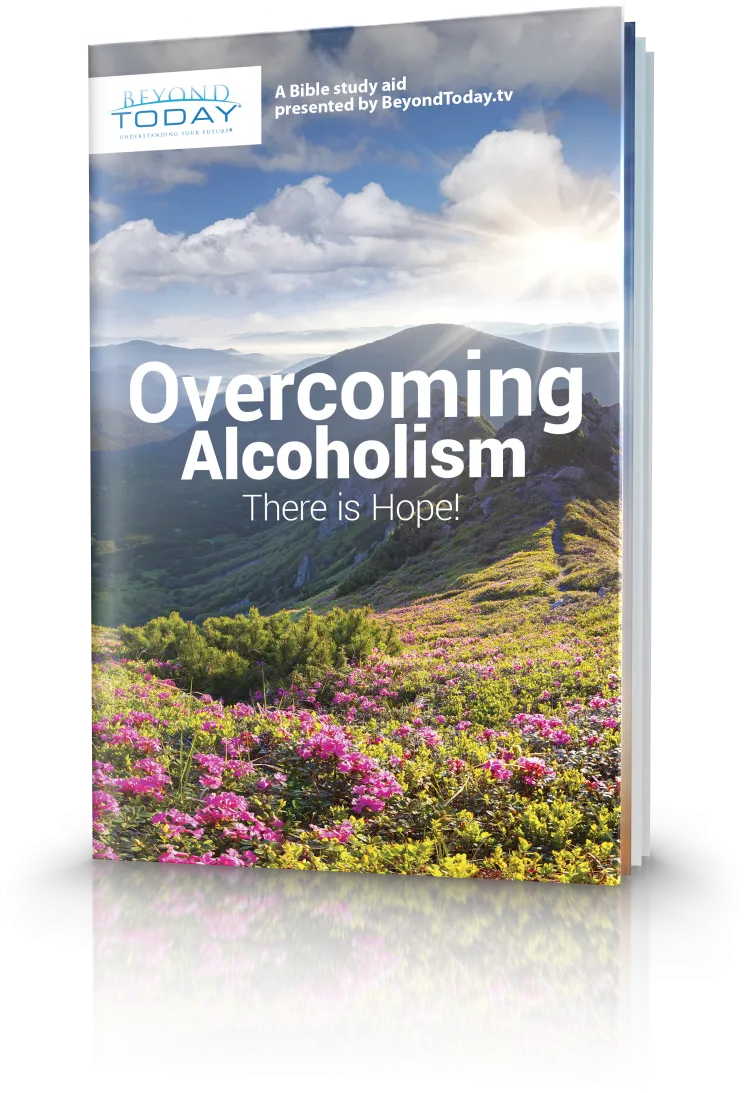What Does Recovery Look Like?

When an addict or abuser of alcohol enters into a post-drinking and/or abusing stage, they are said to be entering a new stage of recovery.
What does recovery mean? Is there a "start and stop" period? What can one expect from "recovery"?
Recovery means many things to different people, but what it does mean in all forms is that a chronic alcoholic or abuser of alcohol has made a commitment to completely abstain from drinking alcohol. That person in recovery is now trying to fashion a new life without the influence of alcohol.
"Recovery" means exactly what it says. Just like a person who is overtired or worn-out from a major trial or physical test, a recovery period is required to get back to normal.
A person suffering from clinical alcoholism initially enters an acute withdrawal period where the body has to chemically adjust many processes and start to repair physical damage. This same period includes the time when the brain's cognitive functions undergo change and many behavioral patterns—from sleep habits to eating healthy meals—have to undergo change.
It takes time
Simply put, it generally took quite a bit of time to become addicted to alcohol, and recovery from active major overdrinking takes its own time.
Whether the person taps the aid available from Alcoholics Anonymous (www.aa.org) or other recovery groups, the initial time of recovery is usually marked by a period of major adjustments across the board. Depending on how far their condition had progressed, many recovering alcoholics are stunned that they are in non-drinking recovery at all. Many are initially absorbed in trauma and guilt for what they did to others while drinking. Many face financial difficulties and other challenges, which over time will likely get better, but in the short term are energy—and time—consuming.
The families of recovering alcoholics also often find themselves in an entirely new form of stress. An alcoholic family is a dysfunctional family, with non-drinking family members often contributing their own problems or challenges to the dysfunctionality. Take the alcohol out of a dysfunctional family, and they often don't know how to react.
Accordingly, if the entire family can embrace recovery techniques, the odds of lasting recovery and the development of a sane, loving and truly happy family life increase dramatically. For many, this development in recovery may represent the first time ever of being in a truly loving and happy family!
If a former alcoholic manages to withdraw from alcoholic behavior without help and then tries to stay sober without help, they often become "restless, irritable and discontent." Their emotional dysfunctionality remains, even though they are no longer drinking, leading some to state that they are in a condition of a "dry drunk."
Recovery takes place on many levels
Going into true recovery is a multi-level undertaking. If one begins to attend AA, they find that there is true spiritual power available that helps cancel out cravings for a drink, as well as a group of recovered (or recovering) former alcoholics who can offer direct advice and encouragement for staying with recovery and avoiding a relapse.
AA also offers the opportunity for an alcoholic to discover the true behavioral underpinnings of ego, fear, selfishness and other character defects that laid the foundation for their subsequent physical and chemical abuse. Further, and most importantly, AA members can learn the spiritual solution to these problems and learn how to develop a practical relationship—called "conscious contact with God"—with their designated "Higher Power." AA is most definitely not a religion, but its defined 12 Steps help each individual develop a specific relationship with Jesus Christ or God the Father (as they may understand their Higher Power). While it is not the only treatment option, AA's spiritual approach also encourages recovering addicts to adopt a life of service to others.
Quoting the book of James, the "Big Book" of Alcoholics Anonymous rightly states that "faith without deeds is dead" (James 2:26, New International Version). Members often speak of "working the Steps" to advance their recovery and improve their quality of life.
Non-drinking family members can also receive help from or attend Alanon, the AA-related help group (www.al-anon.alateen.org) for those who suffer from family and environmental behavioral issues related to alcohol abuse.
Whether it is through AA or another recovery group, one thing is clear: The power of the Almighty God can rescue and restore an alcoholic to sanity and a joyful life. To a newly sober person who suffers from terrible "jitters," chronic anxiety, financial problems, suspicious family members and the like, such a claim may seem far-fetched.
But the reality is that just counting AA members alone, more than two million people have found the power of God through a spiritual solution. They have found the "incomparably great power for us who believe" (Ephesians 1:19, NIV) and the "peace that passes all understanding" (Philippians 4:7). As the saying goes, a newly recovering alcoholic sees a recovered, sober and happy AA member and time and time again says: "I want what you got."
How about you? Are you ready to give up the twisted life of "fix, manage and control"? Are you ready to surrender your life to care of a mighty spiritual Being who alone has the power to set you aright, fully on a new road to recovery?







